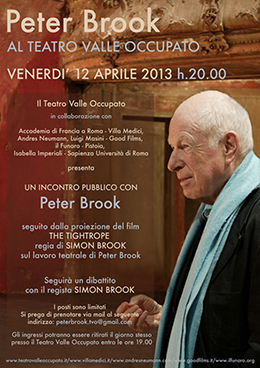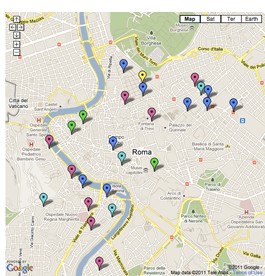English doesn't have a Future Tense!
There is falsehood happily taught in Italian schools that “the English Future is with ‘will’ “. Sadly this leads to two deeply engrained errors. The first is to use ‘will’ for plans and arrangements and the second is to use the Present when ‘Modal Will’ is required. The first step in correcting these errors is to explain why English doesn’t have an orderly indicative Future Tense like everyone else. And given that it doesn’t, what other principles can be used to talk about future actions.
Future introduction
View more from David Nicholson


